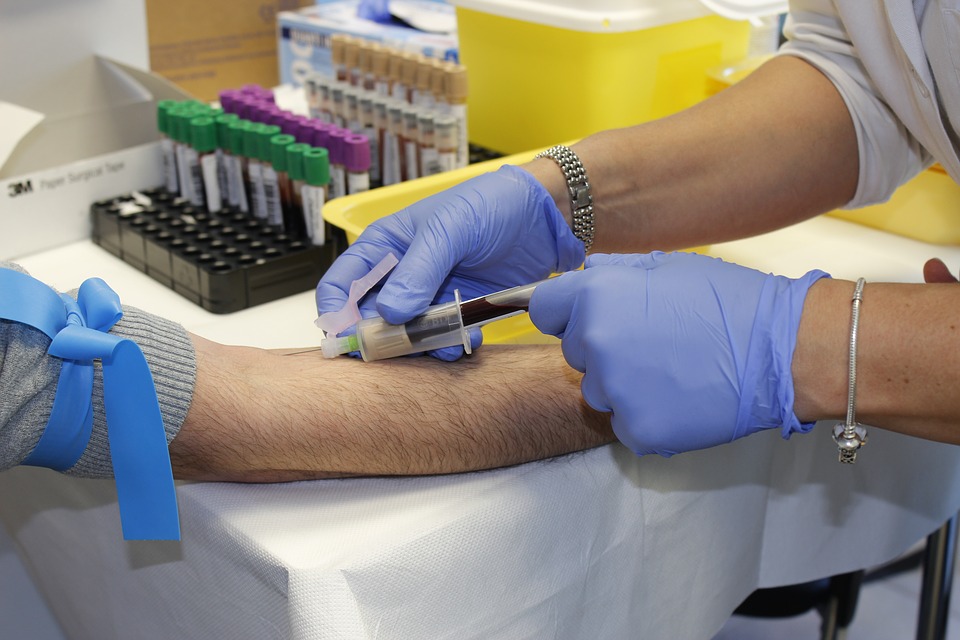We focus heavily on service in December, but we can give to others all year long. If you want to kick off a year of giving, consider giving blood in January for National Blood Donor Month. While about one-third of Americans are eligible to give blood, only about 10 percent do. People who have been in accidents and those receiving treatment for cancer or blood donations depend on a steady supply of blood.

(Pixabay / CORIGLIANOADV)
The American Red Cross makes it very easy to give blood. The organization’s online health history system—known as RapidPass—allows you to expedite paperwork at home before you come to the blood donation center.
Scared of Needles?
Some people hesitate to give blood because they are afraid of needles. There are a number of things you can do to make the experience better, however.
- Think of the benefits. Donating blood may make you uncomfortable, but don’t forget that one pint of blood may save as many as three lives. That’s worth getting over a little needle-phobia.
- Bring a distraction. A phone can really come in handy when you donate blood. Listen to music or an audiobook or check social media posts. It can help get your mind off of the needles.
- Communicate your fear. Let the staff know that you are going out of your comfort zone by donating blood. They can help you feel at ease and also ensure that you get one of the more experienced staff members to collect your blood.
At AllergyEasy, we encourage you to give blood for National Blood Donor Month. Remember that you must be 17 years old in most states, weight at least 110 pounds, and have waited 56 days since your last blood donation. Call 1-800-RED-CROSS to schedule your donation.
A Needle-free Approach to Allergy Treatment
Although there’s no other way to give blood than through a needle stick, remember that there are alternate ways to get allergy immunotherapy. Allergy shots must be given a couple of times a week at the doctor’s office, but oral allergy drops are safer and can be taken at home for greater convenience.
Allergy drops work like shots, with the body receiving an “allergy serum” that helps desensitize it to allergens in the environment. With drops, though, the serum is dispensed under the tongue as oral allergy drops that absorb into the bloodstream through special cells in the mouth. The drops are formally known as sublingual immunotherapy. In addition to desensitizing patients to environmental allergens such as pollen, dust, and pet dander, they have been found to be an effective treatment for food allergies, including wheat, nut, and milk allergy treatment.
If you are a physician and want to increase your medical practice revenue while helping your allergic and asthmatic patients, contact AllergyEasy about ordering a food allergy test kit as part of a turnkey allergy treatment program.


